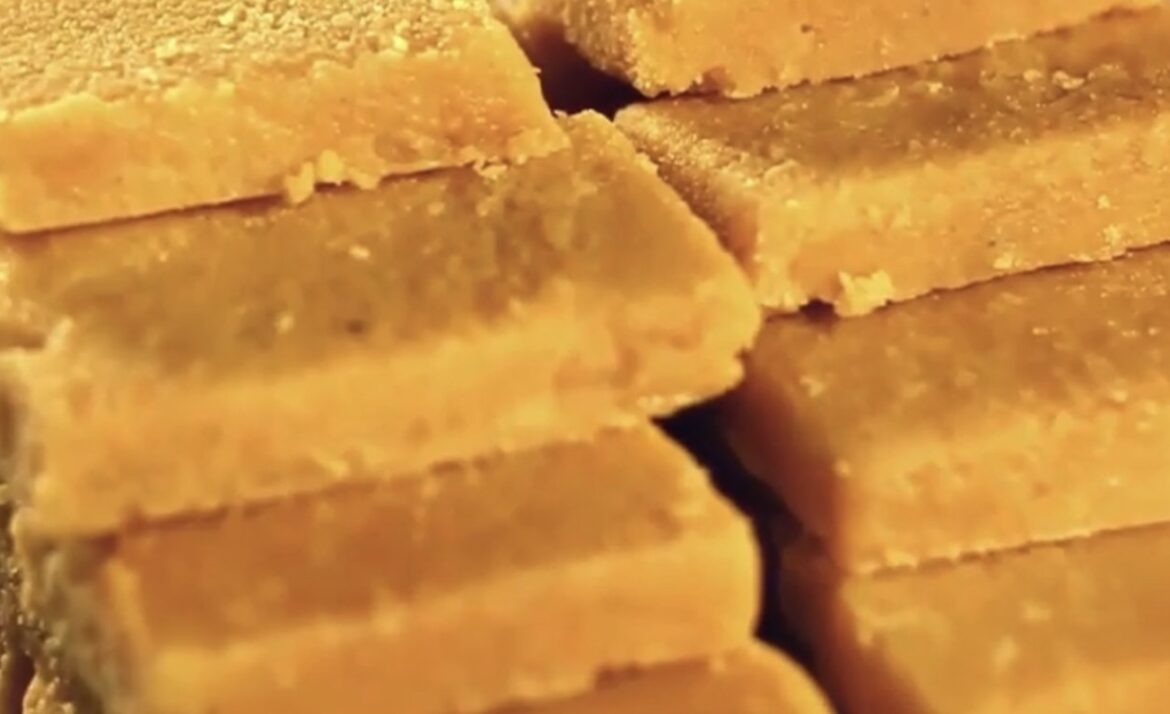Nationalistic sentiments have different forms of expression; and Indians are no exception. In the aftermath of the cowardly terror attack on tourists in Pahalgam on April 22, 2025, and following India’s response by way of Operation Sindoor, popular Indian sweets too faced the heat from shop owners.
In Rajasthan’s Jaipur shops dropped “Pak” from their entrees. And one of the big names to feel the transition was a South Indian sweet and Karnataka origin called Mysore Pak which was renamed Mysore Shree.
And most were aware of the fact that the word “Pak” had nothing to do with Pakistan. It is a Kannada term for process or Pakka in a delicacy that traces back to the rule of Krishna Raja Wodeyar of the Wodeyar dynasty. The pressure on Mysore Pak and others came after a group of people took to vandalizing a “Karachi” Bakery shop in Hyderabad; and with it came anti-Pakistan slogans. Again, an outlet known for putting out delicious bakes and cherished for a very long time.
It is only obvious that changes to name of sweets is at best a symbolic expression of people who genuinely desire for changes across border. The larger question is if anything is going to come about. Hawks in the establishment were perhaps hoping for more military strikes while others believed that the message has been conveyed with a bottom line: terror attacks will be met with a strong response. Or as Prime Minister Narendra Modi put it to the people of Pakistan, “Live a peaceful life, eat your bread, else my bullets are there.”
Prime Minister Modi took it directly to the masses in Pakistan in a hope only they could cure the nation from the cancer of terror. “What have you gained (by terrorism)? India is now fourth largest economy. Where are you?” Modi said making the point, “To free Pakistan of the disease of terrorism, the people of Pakistan should come forward. Their young people should come forward.” It is indeed a difficult proposition in a country where for the most part of their post-Independence era, the brass hats have had their way fully and when civilian leaders had surfaced every now and then, they were under the tight watch of the military. The present political dispensation is not seen as an exception.
Pakistan’s constant refrain that it is a victim of terror and not the epicenter of terrorism has few takers in the world. In fact, India’s Minister of External Affairs S. Jaishankar recently noted that terrorism is “open business” in Pakistan that is “financed, organized and used by the state and its military” adding that the “UN Security Council terror list is full of Pakistani names and places, and these are the very places we have targeted. So please don’t think that something is only going on behind the scenes.” As global capitals are aware of, Pakistan has literally become the Who’s Who of terrorists and terror outfits parked in the country.
Pahalgam also highlighted the precarious state of the Pakistani economy that has already been saddled with below par growth, high inflation, dwindling foreign exchange reserves and a currency that is losing in value to the American dollar and others. To worsen a fragile economy is the debt burden, not just the US$ 6 billion plus to the International Monetary Fund but also to bilateral donors and in the process adding fears of a debt trap.
And India has made it amply clear that it intends to tighten the economic noose in a variety of ways, not just confined to the implications of putting a freeze on the Indus Waters Treaty. New Delhi has made it known in no uncertain terms what Islamabad faces down the road if it did not reign in terrorist thugs. For one thing India will be working seriously to bring back Pakistan in the Grey Area of the Financial Action Task Force (FATF) from which it has received breathers every now and then. Getting into active watch of the FATF would mean that Islamabad will not be eligible for loans from international institutions like the World Bank.
Pakistan has been given a long rope by countries like the United States knowing fully well that funding for anti-terror operations have actually gone to fund cross border terror activities. Successive administrations in Washington had been believing—at least for the record– that Islamabad was in the same page on the anti-terror hunt when all evidence pointed to the contrary.
But President Trump lashing out at Pakistan for “lies and deceit” in a tweet on January 1, 2018, has not been forgotten. “The United States has foolishly given Pakistan more than 33 billion dollars in aid over the last 15 years, and they have given us nothing but lies & deceit, thinking of our leaders as fools. They give safe haven to the terrorists we hunt in Afghanistan with little help. No more!,” he wrote.
For the last 75 years there has been this talk of “Proxy War,” of Pakistan using terrorism as a vehicle to achieve what it could not on the battlefront. This would also seem to be a thing of the past. “Now we don’t have to provide proof, they are giving it themselves. That’s why I say this can no longer be called a proxy war. Because the terrorists whose funerals were held after May 6 were given state honors in Pakistan. Pakistan’s flags were placed on their coffins, and their army saluted them. This proves that terrorist activities are not a proxy war; this is a well-planned war strategy. You are already at war, and you will receive the response accordingly,” Prime Minister Modi stressed.
Disclaimer: The opinions and views expressed in this article/column are those of the author(s) and do not necessarily reflect the views or positions of South Asian Herald.






